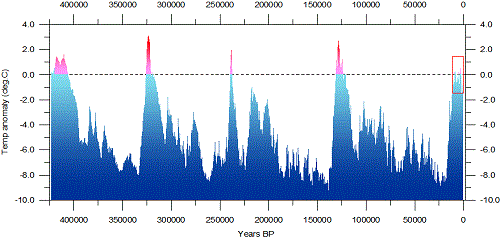Rising Seas May Force U.S. Climate Refugees to the Same 5 Cities →
Drew Costley writes about cities preparing for the impacts of climate change. Friend of the blog Adam Volle will be at ground-zero, in Atlanta.
Atlanta’s first Climate Action Plan, developed in 2015, informs how the city will prepare for 2040, the year the city’s population is expected to have tripled in size, in part due to climate migration — from 400,000 to 1.2 million.
“It’s sad that people have to leave their homes where they’ve lived their entire lives and that they have to mobilize because of climate change,” said Jairo Garcia, who helped develop the plan as Atlanta’s former director of climate policy and renewables. “But without the right planning, it’s going to put a lot of pressure on cities like Atlanta.”
“Just escaping sea level rise in the coastal region and moving a little bit further inland, that’s not going to do you a whole lot of good.”
The city’s 2040 Development Plan, folding in recommendations from the Climate Action Plan, outlines a strategy to extend its resources for an expanded population. One section of the document calls for “significantly more and improved public space to support the life of our growing city.” Most climate migrants, it predicts, will not have their own outdoor space. Plans to develop housing focus on densely populated communities, like apartments and condominiums, rather than single-family homes. The city is also preparing to become more public transit-oriented, with four bus rapid transit lines criss-crossing Atlanta’s metropolitan area and “off-street superhighways for bicycles” that follow old railroads in the area.
This entry was tagged. Global Warming
